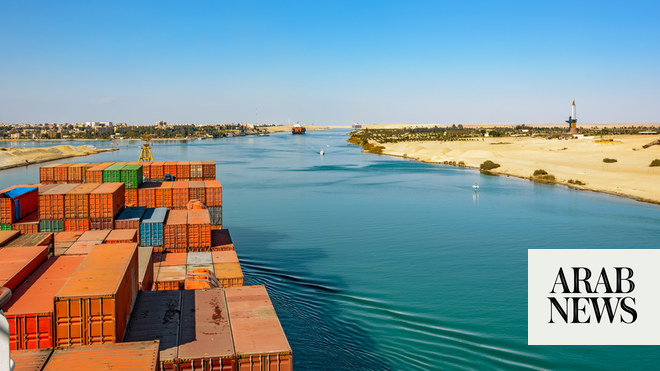The Buzz About Beekeeping in Saudi Arabia: A Revival of Tradition and Economic Opportunity
Honey has long been revered in Saudi Arabian culture, prized for both its medicinal and culinary applications. However, recent developments highlight the country’s efforts to transform this ancient craft into a booming industry with significant economic and environmental benefits.
Government Support Fuels Industry Growth
In an initiative spearheaded by the Saudi government, over 100 licenses were granted to beekeepers last year, enabling them to produce honey on lands managed by the Imam Abdulaziz bin Mohammed Royal Reserve Development Authority. These efforts are concentrated in the Rawdat Khuraim oasis, where beekeepers produce high-quality varieties of honey, including Najdi acacia, spring flower, wild sidr, salam, and shafalah honey. This initiative not only supports local economies but also emphasizes the importance of honey in Saudi culture.
“Natural honey is a product that is in high demand in the Kingdom,” a spokesperson for the Imam Abdulaziz bin Mohammed Royal Reserve Development Authority told Arab News. “At the reserve, we have natural pastures characterized by honey plants, ensuring that the breeder obtains sufficient nectar to produce honey.”
The Reserve has gone as far as hosting an integrated “bee basics” training program aimed at a new generation of beekeepers. This aligns with Saudi Arabia’s broader goals of economic diversification and environmental sustainability.
Cultural Significance and Local Events
Saudi Arabia’s passion for honey is evident in festivals like the Jazan Honey Festival and the Honey and Agricultural Products Festival in Tabuk. Weekly auctions in Taif further showcase the industry’s vitality. These events not only celebrate the craft but also serve as vital economic channels for local producers.
Additionally, honey production is a critical activity for sustaining local plant species and agricultural crops. Bees play a crucial role in pollinating date palms—a highly profitable agricultural crop in the region, often enhancing fruit yield by being strategically moved to orchards during bloom periods.
Empowering a New Generation of Beekeepers
Various government programs have been launched to boost local economies while empowering young people and underrepresented groups. Through the Sustainable Rural Agricultural Development Program, in partnership with the UN Food and Agriculture Organization and Saudi Arabia’s Ministry of Environment, Water, and Agriculture, over 100 local beekeepers recently received training on honeybee queen-rearing techniques. This initiative came in response to the declining number of honeybee colonies globally.
One success story is that of Norah Shawi Al-Shimmari, who broke barriers to become Saudi Arabia’s first female beekeeper. From humble beginnings under her father’s brand, Al-Shimmari has expanded her craft and trained others, including 40 women in the Hail region, inspiring a new generation of female beekeepers.
“My biggest challenge is getting from one place to another and needing someone to drive me to faraway places,” Al-Shimmari told Arab News. Despite these challenges, her dedication has led her to be dubbed the “Beekeeper of the North,” and she continues to thrive with the support of the Ministry of Environment, Water, and Agriculture.
A Growing Industry with Global Ambitions
Saudi Arabia’s beekeeping industry has seen considerable growth, benefiting from substantial government funding and strategic initiatives. Since 2020, approximately SR140 million (about $37.3 million) in funding has been distributed to over 10,584 beneficiaries through the Sustainable Agricultural Rural Development Program, known as Saudi Reef.
World Bee Day, observed every May 20, marked a milestone as the Ministry of Environment, Water, and Agriculture announced that honey production had reached 5,000 tons annually, with a target of increasing this to 7,500 tons by 2026 to achieve self-sufficiency. Currently, there are more than 20,000 ministry-registered beekeepers across the Kingdom.
Honey and beekeeping in Saudi Arabia are set to scale new heights, bolstered by renewed government support, training initiatives, and a strong cultural heritage. With these efforts, the industry is poised to make a significant contribution to the Kingdom’s economy and its sustainable development goals.
For more information, visit the official website of the Saudi Ministry of Environment, Water, and Agriculture.
